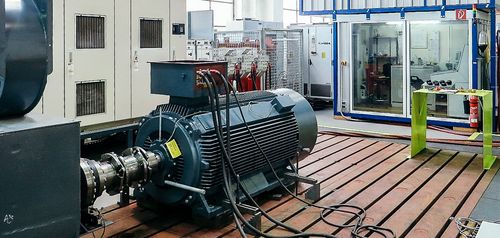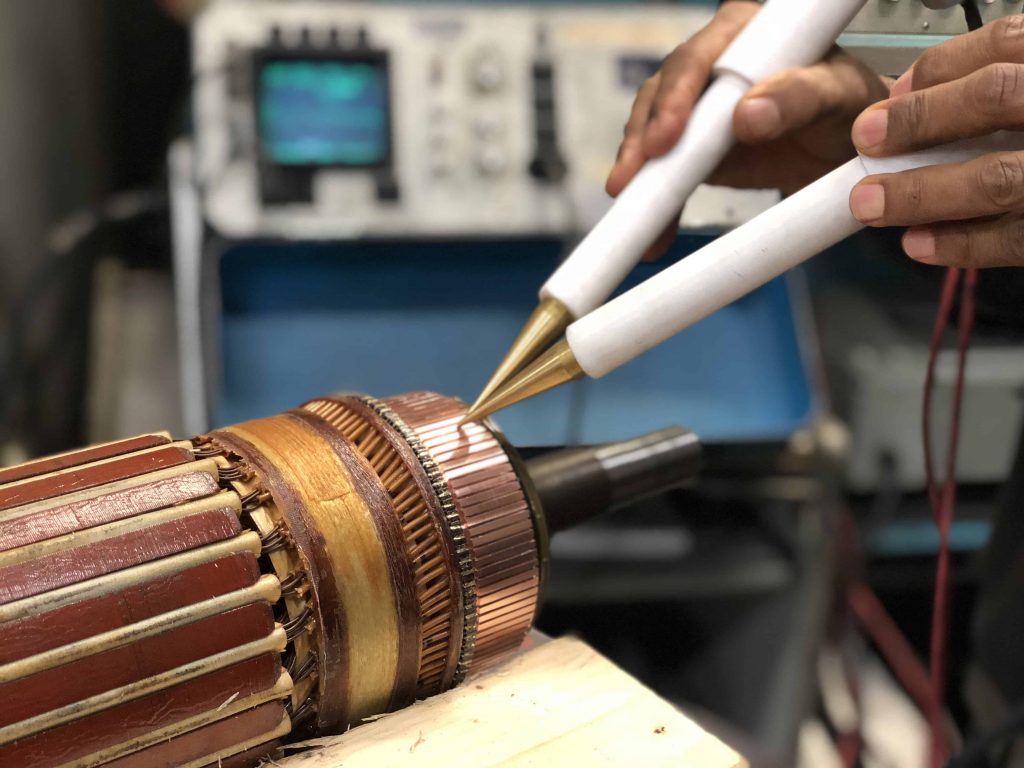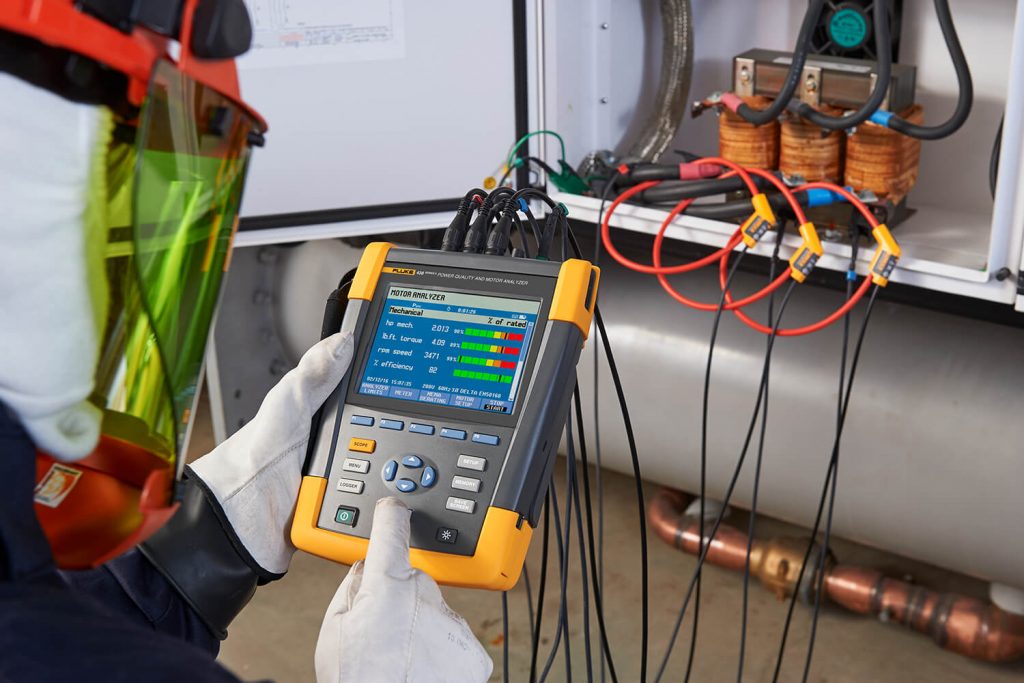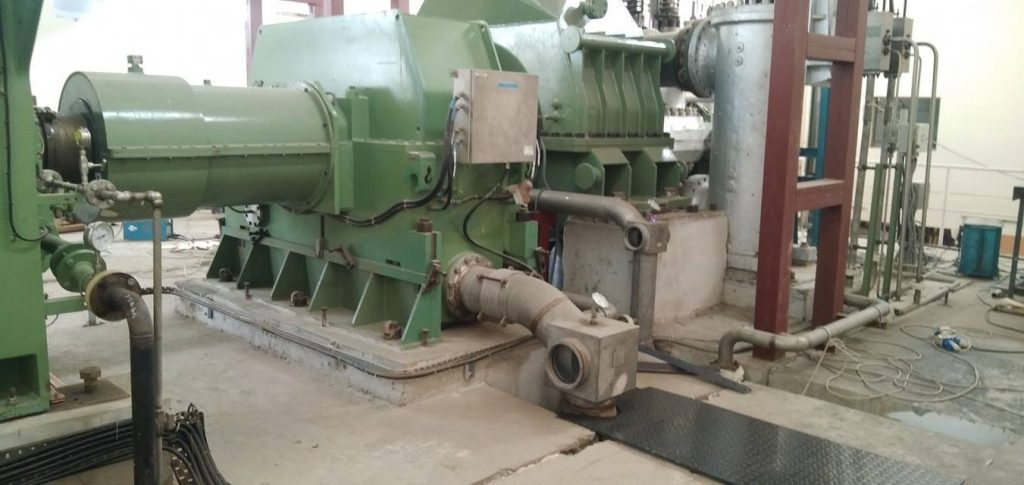






Motor testing assesses the integrity of a motor through the use of tools that monitor trends within the motor. The main objective of motor testing is to reveal hidden problems and prevent unnecessary failure. Specific to electric motors, motor testing evaluates static parameters like insulation, wire damage and electrical current leakage, as well as more dynamic parameters such as distortion, temperature fluctuations and balance.
Mechanical motor testing includes things like looking into the cracks of a motor’s rotor and lamination sheet makeup. While each motor test applies to most alternating current (AC) or direct current (DC) motors, each testing method depends on the construction and application of the motor in question.
Motor testing is often used in a preventive maintenance or reliability-centered maintenance program. Motor testing with a preventive maintenance program can test motors while they’re operating in their normal environment under normal loads to confirm they’re running at acceptable or optimum limits. Motor testing often alludes to issues before visual inspection makes them apparent.
Making motor testing a part of a maintenance program is important because once a motor endures damage, it is often irreversible (referred to as core damage); this leads to the motor not running with the same efficiency as it once did.
Motor Online Testing:
- Visual Inspection
- Online Partial Discharge
- Thermography
- AMT Pro (MBFDT)
Fault Coverage:
- Loose Foundation / Comonents
- Unbalance / Misalignment / Coupling
- Transmission Faults
- Driven Equipment Faults
- Bearing Faults
- Rotor Faults
- Stator / Insulation Faults
Process Faults:
- High Energy Consumption
- Low Efficiency
- Cavitation in Pumps
- Flow Turbulence in fans, blowers
- Filter & Heat Exchanger fouling
- Lubrication
- Oversize / Undersize motors
Electrical Parameters:
- Vr, Vs & Vt
- Ir, Is & It
- Frequency
- Voltage Unbalance
- Current Unbalance
- Motor Load
- Power Factor
- Reactive Factor
- Total & odd Harmonics
- Advanced Waveform & Spectrum
Motor Offline Testing
- Visual Inspection
- Insulation Resistance (IR)
- Polarization Index (PI)
- Power Factor Test / Tip up Test
- Dielectric Discharge Test
- Step Voltage Test
- Winding Resistance Test
- Partial Discharge Test


